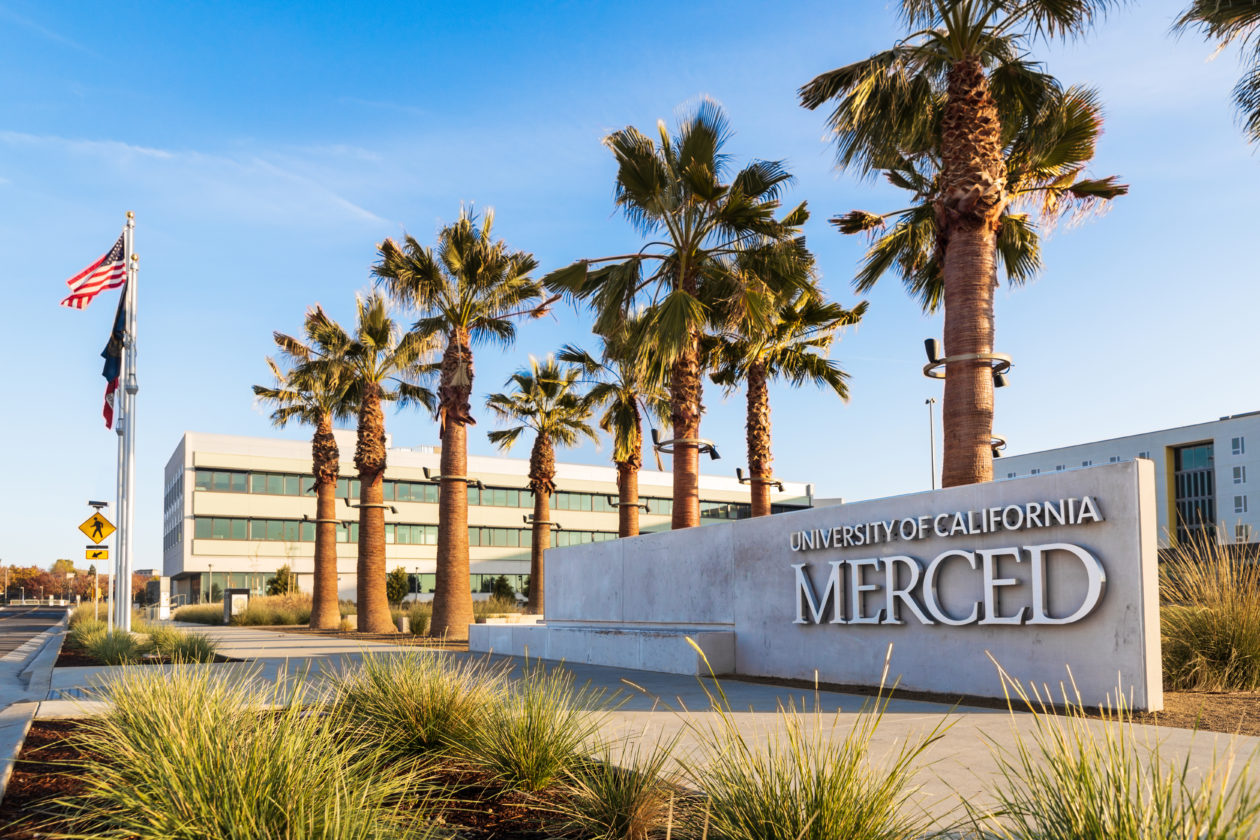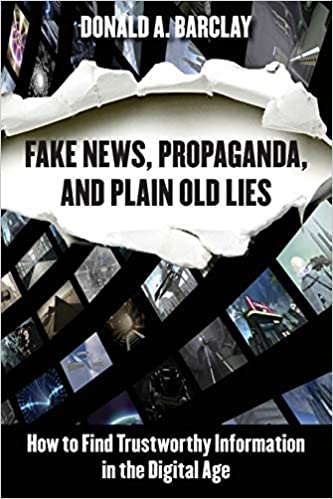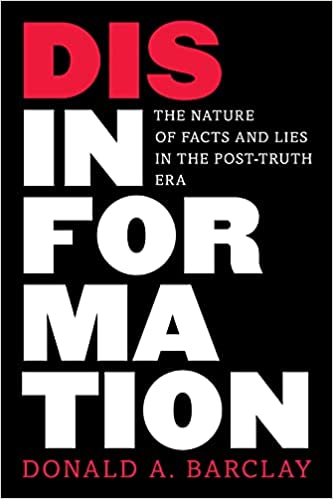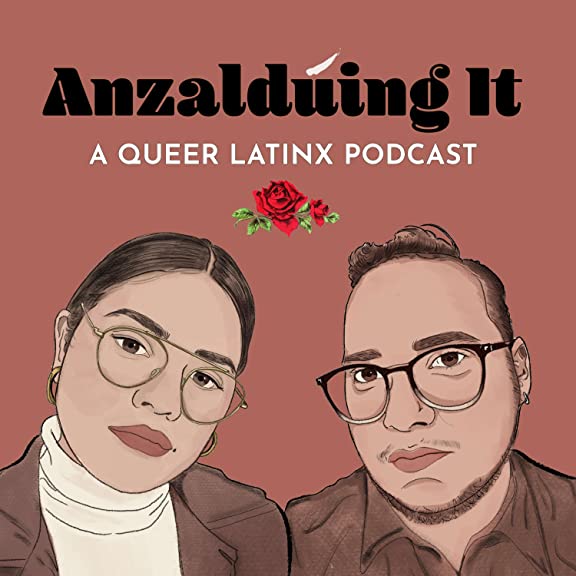Nicolette Lecy, Graduate Student Researcher
UC Merced UpstART and the Center for Humanities hosted LADAMA as the last free virtual concert of the year. UpstART director Dr. David Kaminsky kicked off the concert by introducing the band: LADAMA was formed by a group of four Latina musicians: Lara Klaus, Daniela Serna, Mafer Bandola, and Sara Lucas, after they had met while being part of a U.S. – based music residency program in 2014. Since then, LADAMA has composed and performed songs in Spanish, Portuguese, and English, drawing their musical inspiration from their home countries of Brazil, Colombia, Venezuela, and the United States. Combining traditional and contemporary music genres, LADAMA has shared its unique Latin Alternative sound at venues and festivals worldwide. The one-hour performance was shot in a private recording studio. Between songs, they incorporated “listening breaks” to give the educational context of things like the origins of the musical instruments they used.
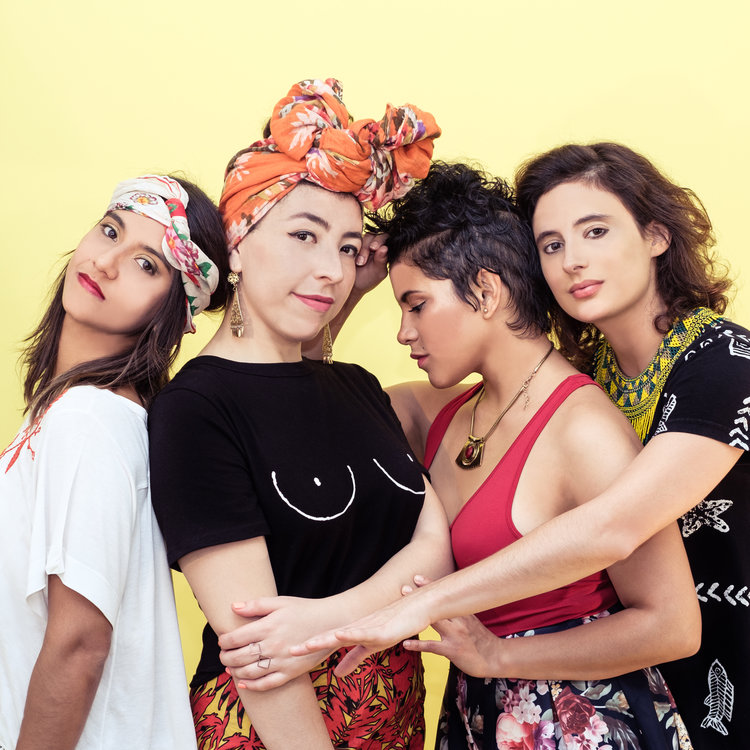
The concert was immediately followed by a live-streamed Q&A hosted by UC Merced’s Assistant Professor of Music, Dr. Patricia Vergara. Vergara moderated audience questions with the band members, focusing on their musical and regional influences, creative processes, experiences touring, and the unique aspects of being Latina women musicians and educators. They also described how they use oral traditions and storytelling to educate young listeners on the instruments, sounds, and culture of the countries from which the band draws their inspiration. The band ended by sharing videos and lesson plans they had created in collaboration with Teach Rock as a resource for elementary school music educators wanting to teach about traditional forms of South American music and dance.

This concert will be shared on our “Critically Human” channel on UCTV in the near future. For more information about the band and a list of their upcoming tour dates, check out their Instagram @Ladamaproject and website link: https://www.ladamaproject.org.
